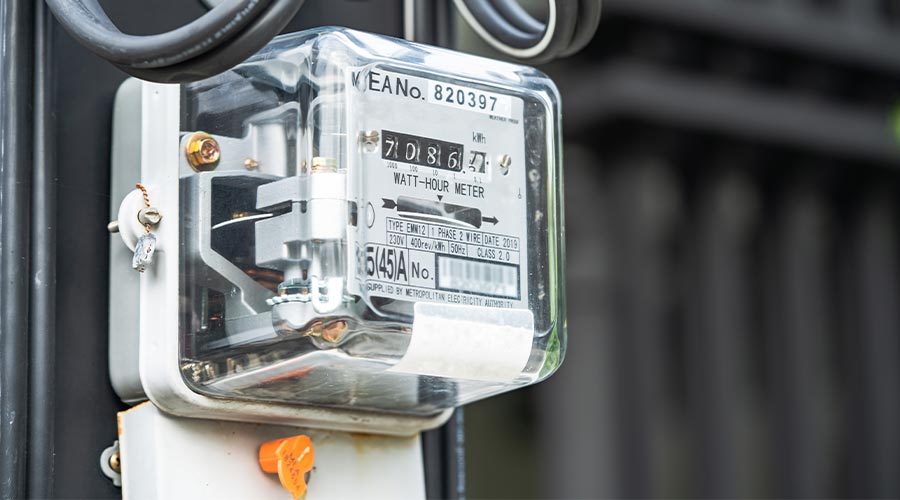Consider Emergency Response Factors in Backup Power Systems Issues
In addition to a PM program for backup power systems, managers also should consider additional recommendations designed to maximize system reliability and emergency-response efforts.
For example, managers can consider the use of remote monitoring systems. These systems monitor and provide audible and visual notification of trouble and alarm events before the facility actually needs the system to operate in an emergency. These monitoring systems also can provide notification when PM is required. Examples of available remote-monitoring features that address common causes of failure include:
- Alarms when not set in automatic, when the emergency stop engages, or when the output breaker is open
- Battery condition, backup time and test schedule, and charge levels. This is particularly valuable because more than 90 percent of generator failure-to-start issues are related to the batteries.
- Block-temperature and coolant-level monitoring and alarms.
- Fuel level and load measurements
- Lube oil pressure
- Water temperature
- Notifying qualified personnel and the backup staff of emergency, alarm and trouble events. Many generator control panels now have web interfaces with automatic dialing,
- Securing equipment from access by unqualified personnel
- Maintaining code-required working clearances around equipment
- Providing adequate battery-powered illumination of critical-equipment locations
- Posting the PM schedule with automated PM reminders. Technicians should not delay PM efforts just because it is difficult to arrange an outage.
- Providing simulations of various potential emergencies to determine effective responses, identify points of failure, and train technicians
- Storing necessary spare parts on site
- Storing system record drawings at a readily accessible location.
- Storing equipment and system operation and maintenance manuals at a readily accessible location.
- Documenting and organizing all testing and maintenance events
Finally, it is imperative that technicians perform regular system testing and maintenance in order for managers to sleep well at night and be confident their power systems have the highest probability of operating when needed.
Greg Livengood is a principal at Sparling, an electrical engineering and technology consulting firm with offices in Seattle, Portland, and San Diego.
Related Topics:













